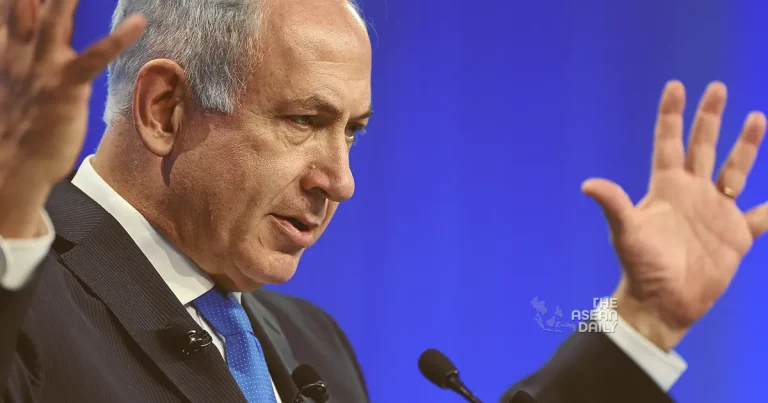23-4-2024 (TEL AVIV) Israeli leaders have expressed strong opposition to the Biden administration’s reported consideration of cutting aid to one of Israel’s army battalions amid allegations of human rights abuses in the Israeli-occupied West Bank. Axios has indicated that sanctions against the Israeli army’s ultra-Orthodox Netzah Yehuda battalion could be announced imminently.
Secretary of State Antony Blinken hinted at a decision on Friday when addressing inquiries regarding internal investigations under a U.S. law prohibiting military aid to foreign forces found violating human rights.
Responding to the U.S. probe, Blinken stated on Friday that results could be expected “very soon.” He mentioned, “I’ve made determinations; you can expect to see them in the days ahead.” The U.S. government has been scrutinizing the IDF unit since 2022, according to a CBS News report, following heavy criticism after the death of a 78-year-old Palestinian-American man detained by IDF soldiers at a West Bank checkpoint in January of that year.
Israeli Prime Minister Benjamin Netanyahu vehemently opposed the potential sanctions against his military over the long-standing accusations, particularly as Israel continues its conflict with Hamas in the Gaza Strip. Netanyahu stated, “If anyone thinks they can impose sanctions on a unit of the IDF, I will fight it with all my strength.”
Defence Minister Yoav Gallant praised the Netzah Yehuda battalion, commending its efforts in combatting Hezbollah along Israel’s northern border and dismantling Hamas brigades in Gaza. Gallant emphasized that the battalion’s actions align with IDF values and international law, with any deviations being addressed by the IDF and Israel’s justice system.
Gallant urged the U.S. Administration to reconsider its intention to sanction the battalion, highlighting the broader implications such actions could have on Israel’s defence establishment and its relationship with its allies.
However, a U.S. official clarified that the U.S. has not considered sanctioning IDF units directly but noted that under the Leahy Act, certain units could become ineligible for American security assistance until any violations are rectified.
The suggestion of potential aid cuts to a military unit of a long-standing ally has drawn attention to the IDF’s operations, particularly as Netanyahu faces domestic backlash for failing to prevent Hamas’ terror attack on Oct. 7, igniting the conflict in Gaza.
Following this failure, the IDF announced the resignation of Major General Aharon Haliva, head of Israel’s military intelligence agency, citing responsibility for intelligence shortcomings that enabled Hamas’ attack.
Netanyahu has pledged to continue Israel’s offensive against Hamas, with the conflict claiming over 34,000 lives in Gaza, according to the Hamas-run Gaza Ministry of Health. The IDF released footage of a counter-terrorism operation in Tulkarm, West Bank, claiming the deaths of 14 militants but facing criticism from residents for extensive destruction in the area.
In Gaza, the conflict persists, with nearly 15,000 children reportedly among the casualties, including victims of recent strikes in Rafah. Despite warnings from the U.S. and other allies, Netanyahu has maintained plans for a major military ground operation in Rafah, risking further civilian casualties in the densely populated city.




